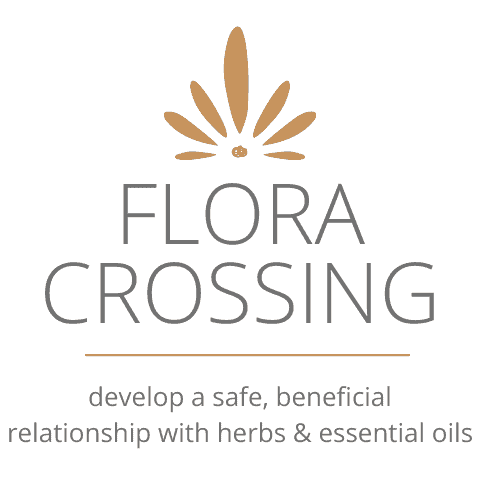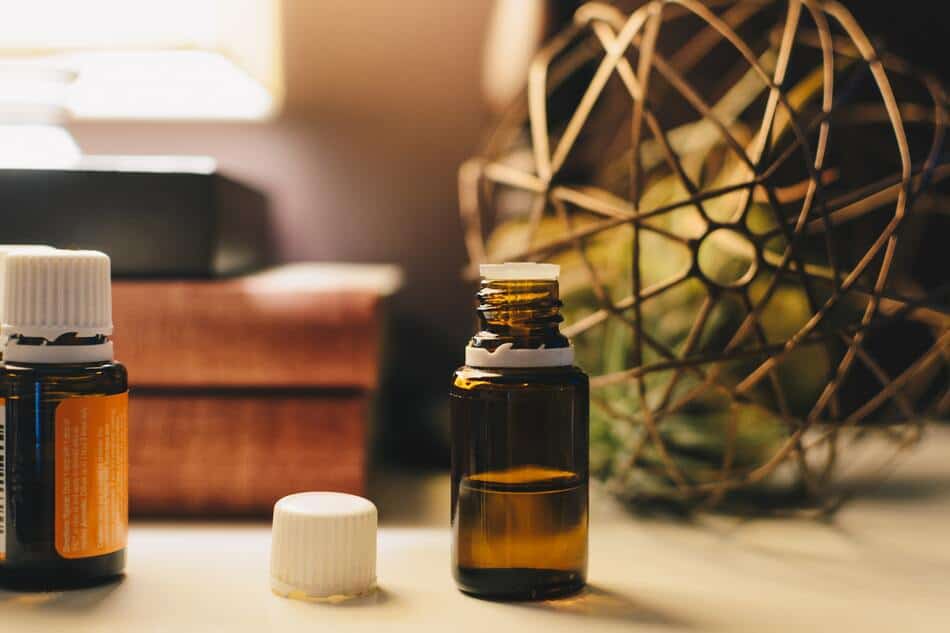Do you know how to make thyme oil? If not, don’t worry! I will walk you through the process step-by-step in this article. Thyme oil is a powerful essential oil that has many benefits. It can be used to improve your health, and it also has a pleasant aroma that can enhance your home’s décor. In this article, I will teach you how to make thyme oil using simple ingredients that you probably already have in your kitchen!
Making thyme oil involves a simple process that only requires fresh or dry thyme and a carrier oil, such as olive oil. Simply soak the leaves in the carrier oil for at least two weeks, then strain out the herb and store the oil in a dark glass bottle.
You’d love to hear the benefits of this oil before we get to the breakdown of the steps
Health Benefits
Thyme oil is an essential oil that can be used in a variety of ways. Here are five health benefits:
- It has antibacterial, antifungal, and antiviral properties. This makes it an effective treatment for respiratory infections, skin infections, and the flu.
- This oil is an expectorant. This means that it helps to loosen phlegm and mucus so that they can be expelled from the body. This can help to relieve coughs and congestion.
- This oil is a bronchodilator. This means that it helps to open up the airways and make breathing easier. This can be helpful for people with asthma or other respiratory conditions.
- Thyme oil is antispasmodic. This means that it can help to relieve muscle spasms and cramps. This can be helpful for people with conditions like menstrual cramps, migraines, and stomachaches.
- Also, it has anti-inflammatory properties. This means that it can help to reduce inflammation throughout the body. This can be helpful for conditions like arthritis and allergies.

Thyme oil is a powerful essential oil with a variety of health benefits. These five benefits are just the tip of the iceberg when it comes to what this oil can do for your health! So if you’re looking for a natural way to improve your health, consider using this oil. Okay, here are the steps.
How To Make Thyme Oil
Making thyme oil is a process that requires very little time or effort, and the results are worth it! Here are two different methods you can use, each with its own set of instructions.
You will need:
- A clean and dry glass bottle or jar with a tight-fitting lid
- Fresh thyme leaves
- Olive oil or another carrier oil of your choice
- Vodka
- A sunny windowsill or another place where your bottle can sit undisturbed for two weeks
Method One
This method is the quickest and requires only two ingredients- fresh thyme and vodka.
- Start by stripping the leaves from the thyme stems and measuring out one cup.
- Add the thyme leaves to a clean glass jar and pour in enough vodka to completely cover them.
- Screw on the lid tightly and give the jar a shake so that all of the leaves are coated in vodka. Store the jar in a cool, dark place for two weeks, shaking it once a day.
After two weeks, strain the oil through a cheesecloth or coffee filter into a clean glass jar. Screw on the lid tightly and store in a cool, dark place. This oil will keep for up to six months.
Method Two
- Pick fresh thyme leaves early in the morning before the sun has a chance to evaporate their essential oils. If you’re not going to use them right away, store the leaves in a paper bag in the fridge until you’re ready.
- When you’re ready to make the oil, rinse the leaves and allow them to air dry completely on a towel.
- Place the thyme leaves in the bottom of your bottle or jar, then pour in enough olive oil to completely cover them.
- Place the lid on tightly and store the jar in a sunny spot for two weeks, shaking it gently every day or so.
After two weeks, strain the leaves from the oil using a coffee filter or cheesecloth. Pour the oil into a dark glass bottle with a tight-fitting lid and store it in a cool, dark place.
How To Use Thyme Oil
This oil has a lot of benefits and can be used in many different ways. Here are five ways you can use the oil:
- Diffuse it: Add a few drops of the oil to your diffuser with water to enjoy its fresh, herbaceous aroma. This is a great way to boost your mood and energy levels.
- Add it to homemade cleaning products: Mix the oil with water and vinegar to make an all-natural cleaning solution for your home.
- Make a Thyme Oil Liniment: Combine equal parts of thyme, olive, and coconut oil to make a liniment that can be used topically for muscle pain or arthritis.
- Inhale it: Inhaling thyme oil can help to clear your sinuses and ease respiratory congestion.
- Add it to your diet: Add a few drops of the oil to your favorite recipe for an extra boost of flavor. You can also add it to water or tea.
How Much Thymol Is In Thyme Oil?
Thymol is a natural phenol that is produced by the herb thyme. It has antiseptic and disinfectant properties, which is why it is often used in mouthwashes, toothpaste, and other personal care products. However, thymol can also be toxic if ingested in large quantities. The amount of thymol in thyme oil varies depending on the quality of the oil and how it was extracted.
So how much thymol is in thyme oil? That depends on a few factors.
The first factor is the quality of the oil. Thymol content can vary depending on where the thyme plants were grown, how they were harvested, and how the oil was extracted. If you’re using a high-quality oil, it will likely have a higher thymol content than oil of lower quality.
The second factor is how the oil was extracted. The most common method of extraction is soaking, which tends to preserve more of the thymol than other methods.
Taking all of these factors into account, it’s difficult to give a definitive answer as to how much thymol is in thyme oil. However, depending on the quality of the oil and how it was extracted, the average thyme oil typically contains between 0.05% and 0.50% thymol by weight.
Final Words
To make thyme oil, you will need a clean and dry glass bottle with a tight-fitting lid, dried thyme leaves, and olive oil. The resulting oil can be used for various purposes.
Making your thyme oil is easy and economical, and it allows you to control the quality of the ingredients used. Try making thyme oil at home today!
Interesting Reads

